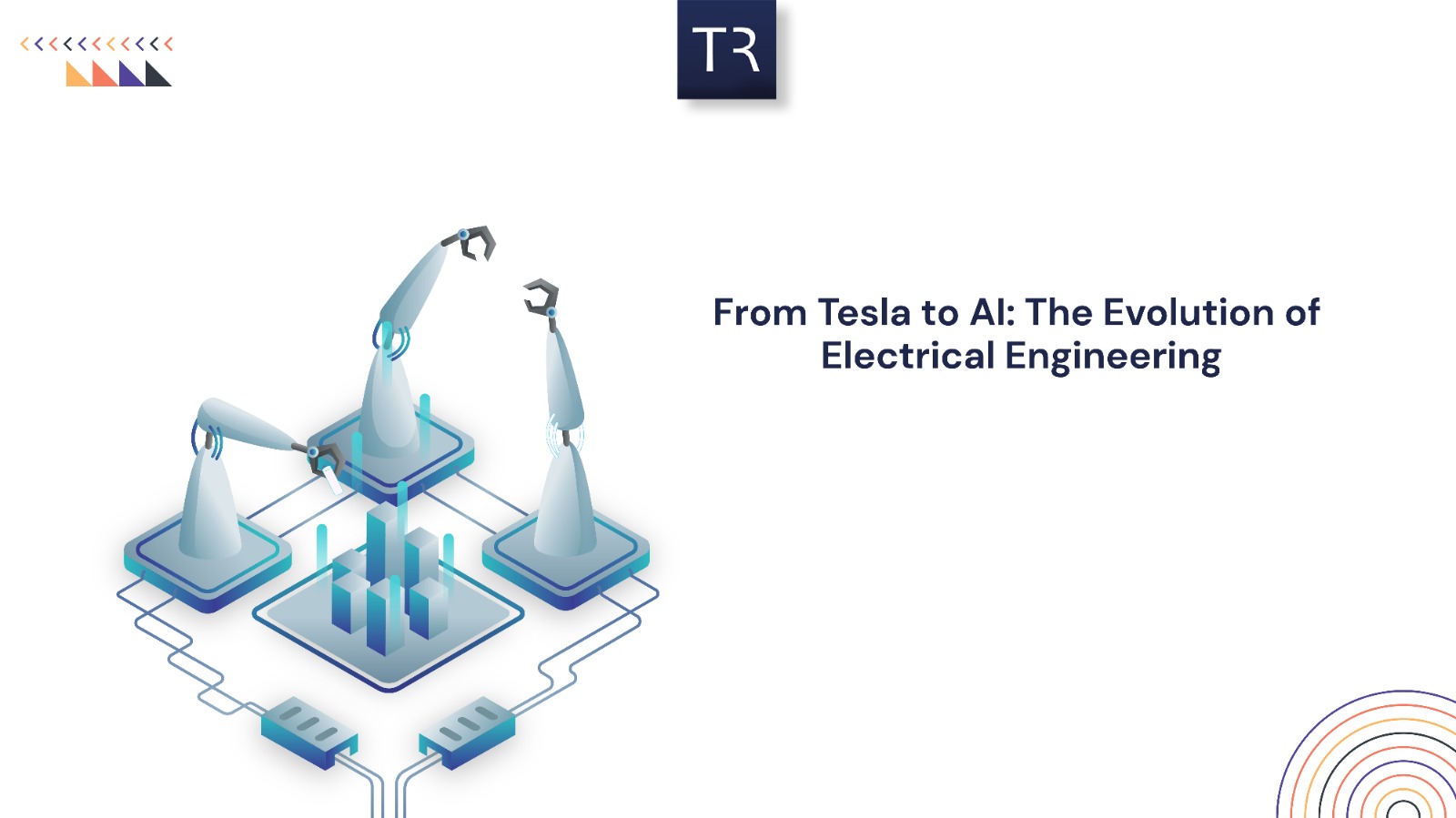Physical address:
573 Hutchinson Ln, Lewisville, TX 75077, USA.
Electrical engineering is the branch of engineering that deals with the study and application of electricity, electronics, and electromagnetism. It has transformed the world, powering homes, industries, and communications. This article explores the evolution of electrical engineering, from its early beginnings to future advancements.
Early Beginnings of Electrical Engineering
The journey of electrical engineering began with early discoveries of electricity. Benjamin Franklin’s kite experiment demonstrated that lightning was a form of electricity. Michael Faraday’s discovery of electromagnetic induction laid the groundwork for electrical machines. These early experiments paved the way for future innovations.
The 19th Century: The Foundation of Electrical Engineering
The 19th century saw groundbreaking developments in electrical engineering. Thomas Edison’s invention of the incandescent light bulb revolutionized lighting. Nikola Tesla introduced alternating current (AC), which became the dominant form of electrical transmission. The famous “War of Currents” between Tesla (AC) and Edison (DC) shaped modern power distribution systems.
The 20th Century: Rapid Advancements
With the widespread adoption of electricity, the 20th century saw rapid advancements:
- Electrical Power Grids: Large-scale power distribution systems enabled electricity to reach homes and businesses.
- Telecommunications: The invention of the radio by Marconi and the telephone by Bell revolutionized communication.
- Wartime Innovations: Radar and other electrical technologies played crucial roles in both World Wars.
Related links you may find interesting
The Digital Revolution: Late 20th Century
The late 20th century witnessed the digital revolution:
- Transistors & Microprocessors: The invention of the transistor replaced bulky vacuum tubes, leading to compact and efficient devices.
- Computing & the Internet: The development of microprocessors paved the way for personal computers and the internet.
- Semiconductor Technology: Advancements in semiconductor technology led to the rise of modern electronics.
Modern Electrical Engineering: The 21st Century
In the 21st century, electrical engineering has expanded into new frontiers:
- Renewable Energy: Solar, wind, and smart grid technologies are shaping a sustainable future.
- Consumer Electronics: Smartphones, smart homes, and wearable devices rely on electrical engineering innovations.
- AI & Robotics: Artificial intelligence and automation are transforming industries, from manufacturing to healthcare.
Future Trends in Electrical Engineering
The future holds exciting possibilities for electrical engineering:
- Quantum Computing: A new era of computing with unimaginable processing power.
- Wireless Power Transmission: Cutting-edge research in energy transfer without cables.
- Sustainable Innovations: Advances in battery technology and clean energy solutions.
Conclusion
The evolution of Electrical engineering has come a long way, from early experiments to modern technological advancements. It continues to shape the future, influencing every aspect of our daily lives. As new technologies emerge, electrical engineering will remain at the forefront of innovation.
FAQs
1. What is the most significant breakthrough in electrical engineering?
The invention of the transistor revolutionized electronics, leading to the development of computers and modern digital technology.
2. How did the invention of the transistor impact electrical engineering?
Transistors replaced vacuum tubes, making devices smaller, more efficient, and more powerful, leading to the digital revolution.
3. What role does electrical engineering play in renewable energy?
Electrical engineers design and optimize renewable energy systems, such as solar panels, wind turbines, and smart grids.
4. What are the current challenges in electrical engineering?
Challenges include energy efficiency, cybersecurity in electrical systems, and the integration of renewable energy into existing grids.
5. How will artificial intelligence shape the future of electrical engineering?
AI will enhance automation, improve energy management, and drive advancements in robotics and smart systems.


